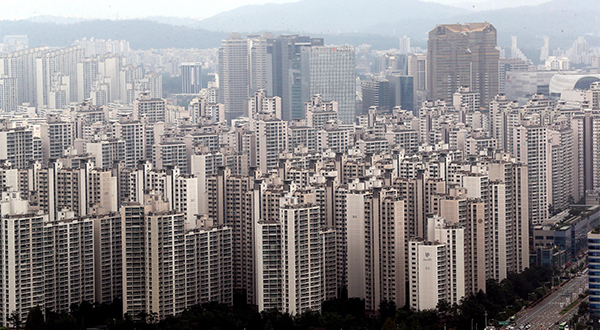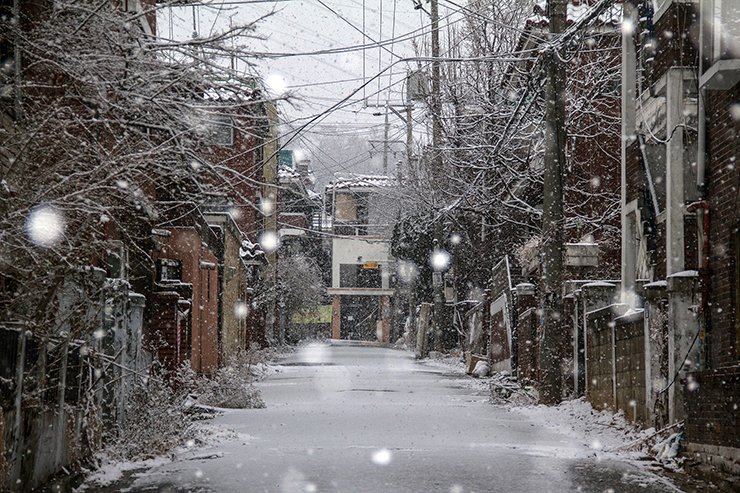
This short piece in the Korea Times is right up my alley – caught somewhere between history and progress, one man’s sentimentality is another’s opportunity. The old ways aren’t necessarily the better ways, but there’s much that is commendable about them. But life moves on. Someday even what we do today will be pushed aside. George Jetson tells us at least that much. By my estimates, the new apartments being built in the article should be torn down for a good space-port or flying car factory in the next go-around.
Progress is certainly not a bad thing. Except when it is. The writer does well to speculate – something in our humanity is being lost somewhere. This is the lament of many who see the destructive sprawl of the big city from the quaint perspective of a small-town native. The thing is, the people of Korea are probably experiencing this in ways far different from how those in the US may have. The article tells us that the area that is being razed for new apartments was built as recently as 1984 – the year after my first arrival in Korea. Imagine building a home in the country (on land previously undeveloped) only to have it torn down for something bigger and better less than 40 years later. High-rises at that. Enough for 3,000 households.
That’s the thing about Korea. The pace of development here has been so fast, we are only a couple of generations removed from those who knew – or at least had close contact with those who knew – extreme poverty. Anyone over 60 here remembers some of these very places being barely accessible by dirt roads. My friend Jane, who founded an orphanage in the (at that time) small town of Jech’eon in 1962 told me of the 6-plus hour trips to Seoul she used to take over mud and dirt roads in an Army truck to pick up supplies. That same trip takes less than two now – and that’s in today’s traffic.
So what does that leave us? It leaves us with a good piece of the population haunted by these not-so-distant memories being pushed aside by still more reminders that life just can’t be as simple as it once was. It’s eat or be eaten. Get on board or get run over. The world is leaving them behind – more so than any generation before it.
And it’s not just in their homes. It’s in the way in which we all interact with the world today. There was a time you could teach a grandmother how to use a telephone; a radio; a television. But a computer? Yes, to some extent. A smartphone? Maybe…but even that one small device can be made to work in any one of a number of ways. I encountered this myself when I went to get a new ID card last week. Years ago, you’d walk in and sign in on a page on the counter. That gave way to a computer. When I walked in last week, the computer was gone, replaced by a posterboard on which was printed a QR code. Now when you walk in, you scan the code, and this takes you to a website on which you to sign in. The assumption is that everyone has a smart phone and knows how a QR code scan works. I navigated the process without much trouble, but for those much older than me? It’s tiring enough as it is.
Still, everything now is being done through smart phones, and I think that can only mean that the generations that have grown up with them are going to have a harder time understanding those who did not (until we’re all gone). They’ll keep making assumptions and wondering how on earth these people don’t get it. They’ll lose patience. There has always been this gap between the younger and older generations, but it’s grown so rapidly and haphazardly lately that it can’t help but get worse.
And of course, I have reason to be concerned. I myself will soon be among those who are left behind. The only question is, what can be done to mitigate the pain of the leaving?


I don’t imagine you would actually be left behind though 🙁
You’d be surprised. Imagine a day when you’re tired and stressed and quite possibly dealing with things that concern the elderly (aches and pains and other issues) and then you walk into a place that will only serve you if you scan a QR code and fill out a form (which could additionally just as well lead to a deluge of spam in your junk folder to deal with). It wears one down, even if only a little at a time.